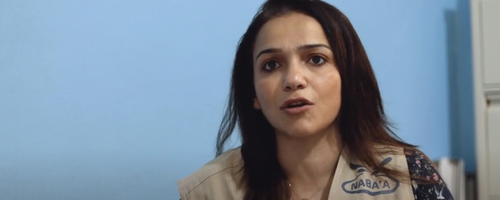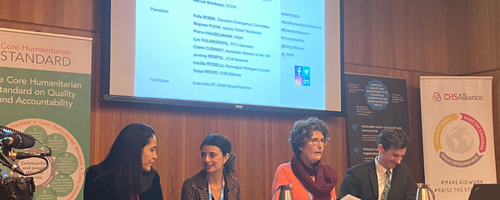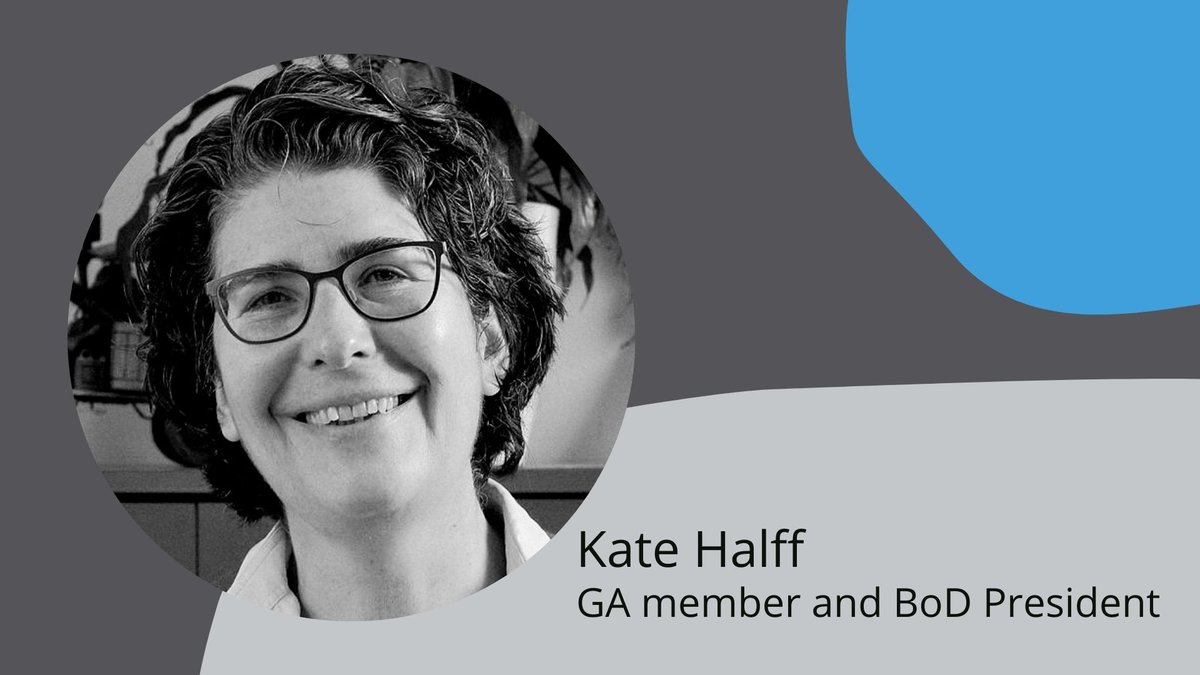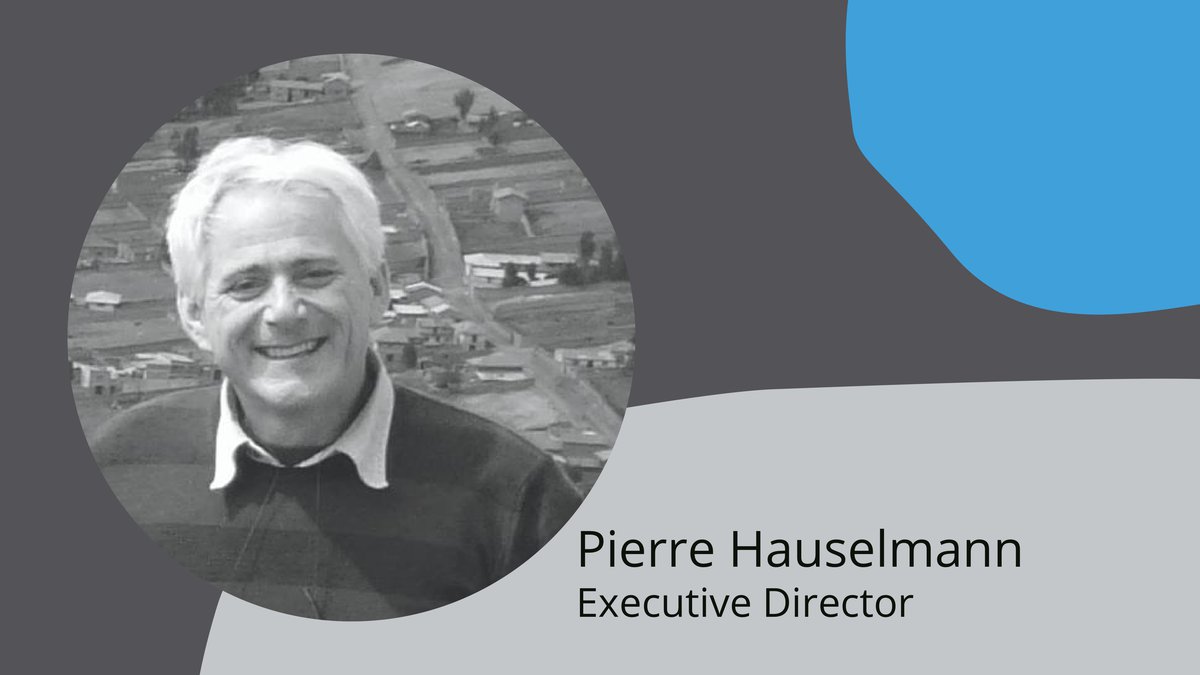Does the humanitarian sector need an Ombudsman?
Does the humanitarian sector need an Ombudsman? The state of play today.
September 2018.
Since the early 2000s, several initiatives to strengthen quality and accountability in the humanitarian sector have been launched and mechanisms have been institutionalised. The Core Humanitarian Standard on Quality and Accountability (CHS), its Verification Scheme (VS), and the establishment of the Humanitarian Quality Assurance Initiative[1] (HQAI) to provide tailor-made independent quality assurance to humanitarian organisations represent the most recent initiatives. Together they build on decades of experience and learnings, including a previous attempt to establish a humanitarian ombudsman in the late 1990s, which evolved into the Humanitarian Accountability Partnership (HAP) standard and certification scheme, which then further evolved into the CHS, its Verification Scheme and HQAI’s independent CHS quality assurance scheme.
Together, the CHS and HQAI’s quality assurance provide the following in relation to safeguarding:
- A core standard for accountability of humanitarian organisations and the mechanism to help organisations develop the systems and practices to comply with it;
- The capacity and methodologies to carry out independent audits assessing whether organisations are complying with the CHS commitments;
- Audits which include the assessment of those safeguarding policies and practices within the scope of the CHS;
- Audits which assess the procedures organisations have in place to handle and address complaints from affected people.
- These audits also incorporate the views of national partners and affected people as an integral component of the assessment of the performance of humanitarian organisations;
- An independent mechanism to complain against HQAI, the organisation carrying out the audit.
How can organisations be further incentivised to deliver on their commitments on accountability to affected populations (AAP) and prevention of sexual abuse and exploitation (PSEA)?
In the progressive development of the humanitarian quality and accountability architecture, PSEA has been integrated in the domain of accountability to affected people. This step followed the 2002 UN OIOS report highlighting sexual abuse and exploitation by aid agencies on a wide scale in West Africa. [2]
Since that time, AAP and PSEA have made their way into international humanitarian policy frameworks, such as the Grand Bargain and the IASC PSEA commitments. Despite these commitments, the humanitarian sector continues to find it challenging to provide affected people with a voice and a consistent role in decision-making. Current mechanisms for AAP and PSEA are not delivering desired outcomes because organisations are not sufficiently incentivised to implement these mechanisms.
New incentives could include:
- Donors review their due diligence requirements against the CHS, so as to show what is covered by the CHS and what is additional, thereby facilitating harmonised reporting for organisations.
- Donors recognise the value of a CHS certificate (grounded in the results of annual audits). This would give the independent CHS quality assurance mechanism “teeth”, as the certificate is withdrawn if major corrective actions required by the audit are not taken within a specified timeframe.
- Donors reward organisations who are transparent about the complaints that are raised about them and how they address them, rather than penalise them for triggering complaints.
- Donors resource organisations’ capacity to deliver on their AAP and PSEA commitments and independent quality assurance against these commitments.
Authors: Kate Halff, Ed Schenkenberg, Pierre Hauselmann
[1] HQAI is in the process of having its CHS certification scheme accredited against ISO 17065.
[2] Investigation into sexual exploitation of refugees by aid workers in West Africa, Note by the Secretary-General, 2002 <http://www.refworld.org/docid/3deb32dd4.html>
You might also be interested

Will ECHO accept HQAI as a suitable audit organisation for framework partnership agreements?
ECHO invites statutory ex-ante auditors to take into account the results of HQAI audits. We have strong arguments to go one step further and have HQAI actually conduct ex-ante assessments: significant economies for the audited organisations and the sector, the proven robustness of our processes and the availability of significant amounts of audit evidence from the field. How will ECHO respond?


Towards Grand Bargain Commitment 4: harmonising donor assessments & CHS Verification
Bringing together donors and NGOs at Humanitarian Networks and Partnerships Week (HNPW) 2020, the CHS Alliance and HQAI held an interactive discussion on how CHS verification can cover a substantial amount of donor partner capacity assessment requirements and due diligence checks, without donors needing to compromise rigour.
Category


